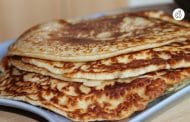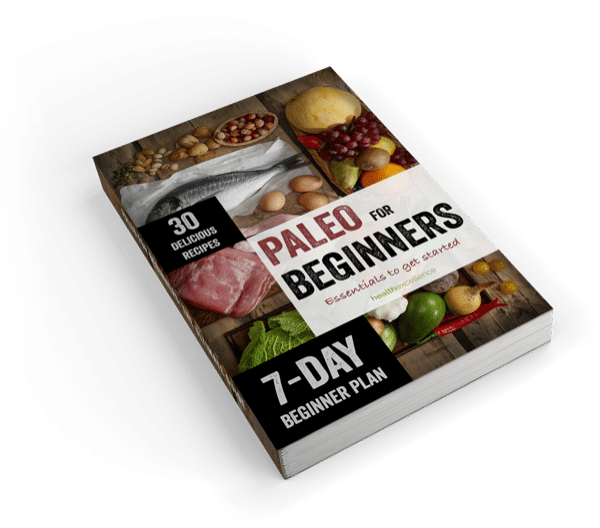Chia seeds have been getting a lot of attention lately. Plenty of people have been raving about their range of positive health effects, hailing them as another “new” superfood. The fact of the matter is really the exact opposite. Far from being a new superfood, Chia has been cultivated and consumed in Central America for several centuries, and probably for much longer. Experts are still divided on the exact explanation, but the seed derives its name either from the ancient Mayan word for strength or a word meaning “oily” in another Central American language. Either way, the seeds live up to their name: Chia seeds are high in protein, omega-3 fatty acids, antioxidants and minerals.
The tiny seeds are oval in shape and measure around 1mm in size. They range in colour from white and brown to gray and black. As well as packing a significant nutritional punch, Chia seeds readily absorb water to form a gel that can be very useful in cooking.
Despite Chia’s status as a staple food in pre-Columbian America, the powerful seed took a long time to gain recognition as a health food in Europe and the US. In fact, Chia was first introduced to the modern world not as a food product but as part of a children’s toy. In time, people realised their nutritional potential and the seeds have gained serious respect as a nutritionally dense food that can support optimal health. But how exactly do Chia seeds help improve human wellness? And what do you need to do to benefit from them?
In short, Chia seeds are beneficial both because of their nutritional content and their convenience: they are really easy to add into any diet. Chia seeds are very nutritionally dense and low in Calories; they are high in protein and fibre while being low in carbohydrate. They are packed with antioxidants and are the richest plant source of Omega-3 fatty acids. Chia’s abundance of Omega-3 fatty acid is the first of the seed’s benefits that I want to talk about.
Omega-3:Omega-6 Balance
Omega-3s and Omega-6s are polyunsaturated fatty acids. Unfortunately, we can’t make these fatty acids and need to rely on diet to get them. If we don’t get enough of them (or don’t get them in the right ratio) we become deficient and get sick. Polyunsaturated fatty acids are particularly important because they are not just used for energy. Instead, they support biological processes like inflammation and blood clotting. Inflammation is a vital process for healing and survival, but if our body has too much inflammation it contributes to serious illnesses like diabetes, heart disease and Alzheimer’s disease. Omega-3s discourage inflammation while Omega-6s promote it, so having a balance between the two is vital for long term health.
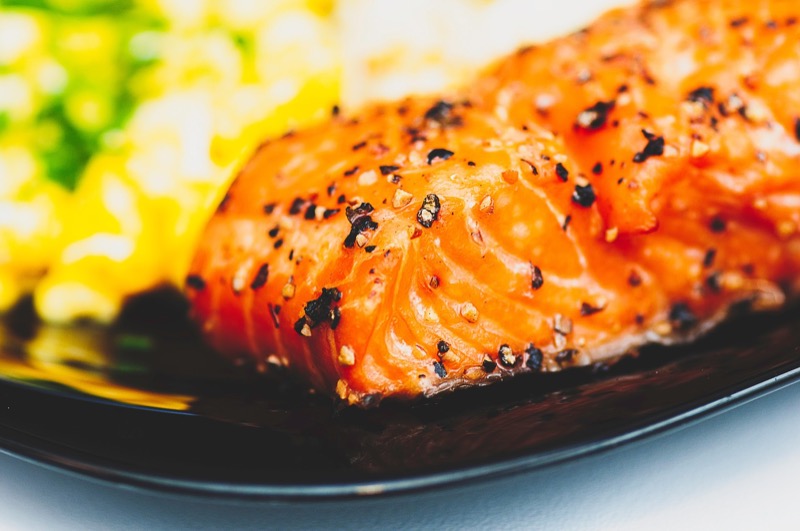
In the modern world, most people eat a diet very high in Omega-6 fatty acids, with a typical ratio being 16:1 of Omega-6:Omega-3. An optimal ratio is between 4:1 and 1:4. The remedy to this problem is wonderfully obvious and simple: avoid foods high in Omega-6s and eat more foods rich in Omega-3s . . . like Chia Seeds!
Animal sources of Omega-3 fatty acids are superior as they are absorbed more easily by humans. Grass-fed ruminants and oily species of wild fish are the best animal sources. However, Chia seeds can provide an additional support to an animal based diet or provide vital Omega-3s to a vegan or vegetarian diet.
It is important to note that Chia seeds contain ALA, which is a type of Omega-3, but one that humans are bad at converting into the usable Omega-3s EPA and DHA. However, eating Chia seeds regularly has been shown to increase EPA levels, just not as efficiently as wild salmon or grass-fed beef would. At the same time, eating Chia seeds has been shown not to increase DHA levels.
Here’s the bottom line: Chia seeds are probably the best plant source of Omega-3 fatty acids. However, they won’t get you to an ideal Omega-6:Omega-3 ratio all by themselves, but they can contribute to a more healthy balance of polyunsaturated fat. That said, If I was a vegan I would certainly make sure to eat Chia seeds every day.
Chia-betes!
To date, one of the most successful investigations into the health benefits of Chia seeds dealt with the effects of daily consumption of the seeds on people with Type 2 Diabetes. This research was intended to investigate whether the addition of Chia seeds, on top of the normal treatment of Type 2 Diabetes, was linked with improving risk factors for cardiovascular disease. The study was conducted on a group of older patients with Type 2 Diabetes for whom the risk of cardiovascular disease would have been significant.
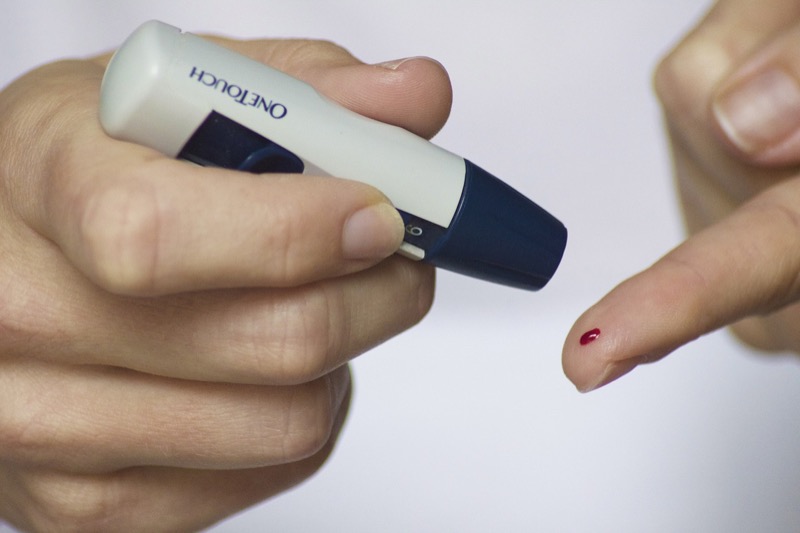
The group was randomly split between those assigned a daily serving of around 37g of Chia seeds and those given the same amount of wheat bran. Those who received the Chia seed treatment saw a significant improvement in several markers of cardiovascular health. Their blood pressure, signs of systemic inflammation (hs-CRP) and a particular risk factor called vWF were all significantly lowered through the consumption of Chia seeds. In addition, daily consumption of Chia seeds was associated with a twofold increase in the levels of ALA and EPA (our Omega-3 friends)!
This is a really significant conclusion. Chia seeds, when eaten daily can improve markers of cardiovascular health and inflammation in older people with Type 2 Diabetes. If you have Type 2 Diabetes, stocking up on Chia seeds would not be a bad idea at all, particularly given that they have never been reported to have adverse effects
Vitamins, Minerals and Antioxidants
As well as providing some Omega-3s and benefiting Type 2 Diabetics, Chia seeds are packed with lots of essential minerals and antioxidants. However, they are not rich in vitamins (but really, how much can you expect from one little seed?). The vitamins that they do contain include small amounts of B1, B2 and B3 although you would need to eat huge amounts of Chia seeds to get enough of these vitamins to impact your health.
Where Chia seeds do excel is in their mineral content. Chia contains copper, iron, sodium, calcium and zinc, as well as being particularly rich in magnesium, manganese and phosphorus. These minerals are vital to good health and are used in processes including growth, development, repair and metabolism. Calcium, phosphorus and magnesium are all important for bone health. Gram for gram, Chia seeds even have more calcium than dairy products with ⅕ of the RDA of calcium in 28g of Chia seeds. This comparison might be misleading, however, as Chia seeds are more expensive than dairy. They are nonetheless a good non-dairy source of calcium.
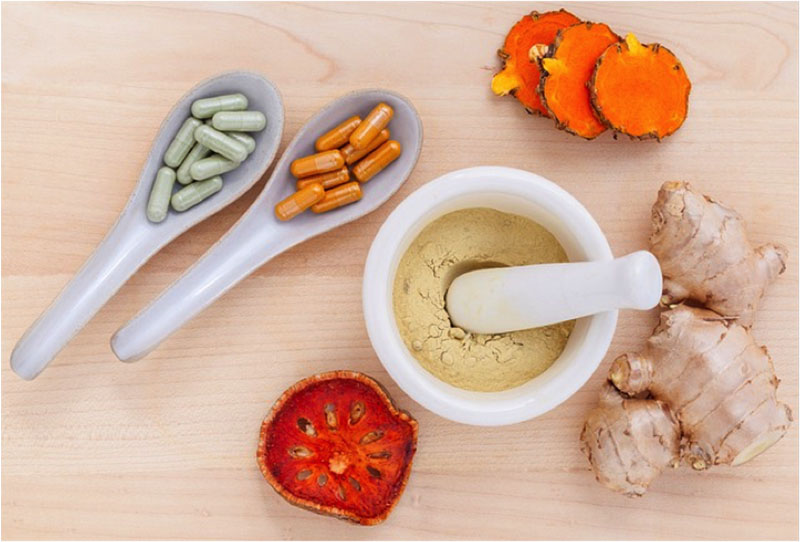
One important thing to acknowledge is that, like all seeds, Chia seeds contain phytic acid. This is a chemical that inhibits and prevents the absorption of minerals. Phytic acid binds with minerals and limits how well they can be absorbed by humans. Soaking Chia seeds in water is a good way of minimising the negative effects of phytic acid.
Chia seeds are also rich in antioxidants. Antioxidants are chemicals that combat the production of free radicals thereby preventing damage to molecules in cells and limiting the contribution free radicals can make to aging and cancer. The antioxidants in Chia seeds are there to prevent damage to the fat in the seeds, so as well as fighting cancer in the people who eat them, these antioxidants prolong the shelf life of Chia seeds.
Review, Recommendations and Recipes
I have to admit that whenever I hear about an unusual, expensive or exotic product being lauded as a superfood my immediate reaction is scepticism. Chia seeds are no exception: when I first heard about them I thought they must be benefitting from exaggerated claims. The popular misconception about superfoods is that they are miraculously powerful, they bestow eternal health on whoever eats them and are essential for optimal wellness. The reality is just that they are particularly dense in several nutrients and can be useful additions to already balanced diets.
Chia seeds overcame my initial scepticism. I think there is good evidence for them having a very positive effect on human health with almost no downside. At least, no downside in terms of nutrition. The fact remains that Chia seeds are a little expensive. Eating the amounts used in the research that support the health benefits of Chia seeds (25g and 37g per day) could become quite costly over the long run. However, for the vegetarians, vegans and dairy-free people that stand to benefit the most from Chia, this cost is definitely justified.
The greatest benefits of Chia seeds are that they provide a plant-based source of Omega-3 fatty acid, that they help heart health among diabetics and that they are rich in protein, minerals and fibre while being low in carbohydrate. Another great benefit is that Chia seeds can be introduced into your diet very easily. The seeds themselves have a neutral flavor and so can be added to almost anything. I plan on encouraging my vegan friends to eat more Chia and I’m looking forward to trying this recipe myself!
Leave me a comment below, in case you use chia seeds in your everyday nutrition plan, letting me know in what recipes you might use them.




